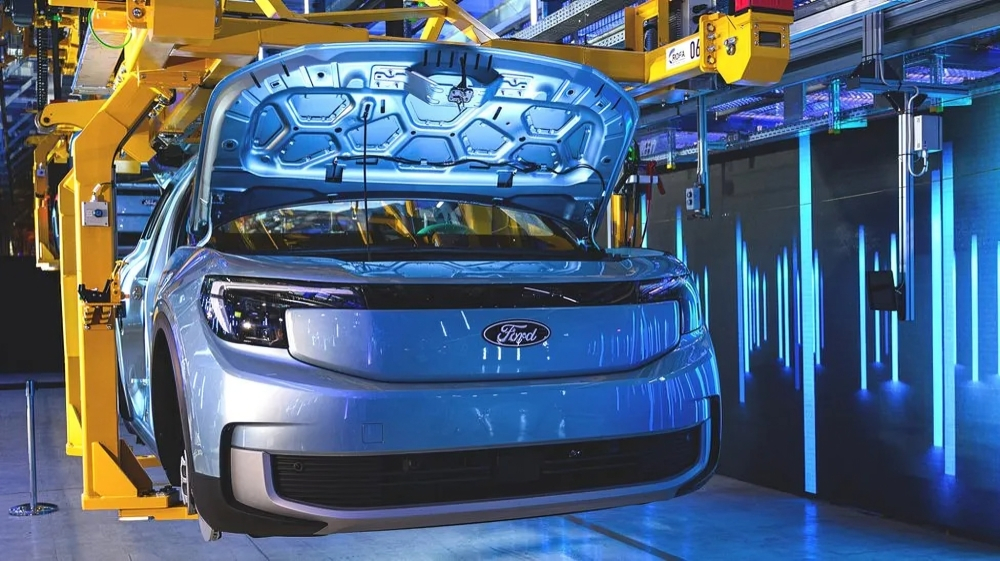In the tech landscape of 2023, generative AI emerged as a dominant force, marking a year when its widespread adoption became apparent across various industries. These AI systems, with the ability to create diverse content such as code, artwork, and essays, found essential applications in specific domains despite inherent imperfections.
ChatGPT, spearheaded by Microsoft, took the lead in late 2022, paving the way for numerous competitors entering the market subsequently. A notable development occurred when Alphabet, Google’s parent company, unveiled Gemini—an AI set to integrate into various Google products, including the chatbot and search engine. Alphabet asserts that Gemini outperforms the existing version of ChatGPT.
Nevertheless, OpenAI, the brains behind ChatGPT, remains dynamic in the face of competition. They have revealed plans for the launch of an upgraded version of their software in the coming year.
Addressing developers at a conference in November, OpenAI’s CEO, Sam Altman, declared, “What we’ve introduced today will soon be overshadowed by the advancements we’re currently crafting for you.”
Electric shock

In the first quarter of next year, Schmidt Automotive Research predicts that the UK will see the arrival of its one millionth all-electric car, making it the second market to reach this milestone after Germany. However, despite this achievement, 2024 is expected to be a challenging year for electric vehicle (EV) manufacturers.
Towards the end of 2023, major automakers such as Ford, GM, and Tesla halted their plans to expand EV production. Mercedes-Benz, in particular, described the market for electric vehicles as “brutal,” attributing it to a price war and supply chain issues.
Unfortunately, analysts do not anticipate an easier situation in the near future. Matthias Schmidt, an auto market analyst, predicts a stagnant year for EV sales across Europe in 2024. Even in traditionally strong markets like Germany and Norway, he foresees minimal to no growth.
However, there is a glimmer of hope for the UK due to the implementation of the zero emission vehicle (ZEV) mandate. Starting in January, over 20% of vehicles sold must be electric, with the target expected to reach 80% by 2030.
This development could be advantageous for potential EV buyers. According to Mr. Schmidt, it will become a buyer’s market as manufacturers strive to meet the ZEV mandate targets. Price cuts may not be overtly advertised, but they may be concealed through financing deals and higher trim levels at no additional cost.
Humanoid robots
In the upcoming year, humanoid robots are poised to become more practical and valuable, with Tesla’s engineers actively developing Optimus. This humanoid robot is specifically designed for basic factory jobs, featuring a lighter build, new hands, and enhanced motors, as showcased in a recent video. Elon Musk, Tesla’s CEO, anticipates Optimus to be operational in Tesla factories by 2024, with initial testing within their own facilities. Competing in the humanoid robot arena, companies like Amazon and Agility Robotics are also advancing their own models, such as Digit, currently undergoing trials in Amazon’s warehouses. Sanctuary AI in Canada is training its robot, Phoenix, to perform tasks like packing bags, with plans to expand its capabilities by 2024.
Weight-loss race

In the pharmaceutical industry, the weight-loss drug semaglutide, known as Wegovy, has experienced unprecedented demand, briefly propelling its manufacturer, Novo Nordisk, to become Europe’s most valuable company. To meet this soaring demand, the Danish company is investing billions of euros in expanding its production facilities. Currently administered through a weekly injection, Wegovy is on the brink of introducing a tablet version, although Novo Nordisk hasn’t disclosed the expected market release date. Competition in the weight-loss drug market is heating up, with Eli Lilly’s Mounjaro gaining approval in the US and the UK, while Pfizer seeks approval for its own weight-loss pill, promising a dynamic landscape in the coming year.

